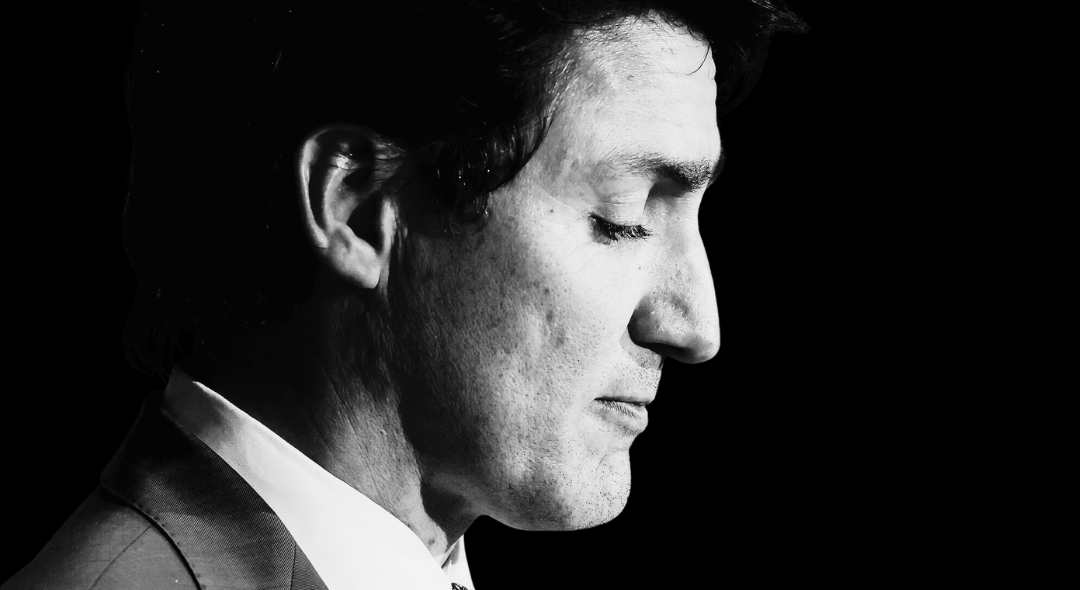Canadian Prime Minister Justin Trudeau is expected to announce his resignation ahead of the Liberal Party’s national caucus meeting on Wednesday, marking the end of his nearly decade-long tenure as the country’s leader. The anticipated announcement follows months of political and public dissatisfaction, mounting internal dissent within his party, and significant challenges to his leadership.
Trudeau’s Leadership Under Pressure
Trudeau, who first took office in 2015 with a promise of “sunny ways,” has faced increasing criticism over his government’s handling of economic challenges, including rising inflation, housing affordability, and the looming threat of U.S. tariffs under President-elect Donald Trump. His approval ratings have declined sharply, with polls showing the Conservative Party holding a substantial lead over the Liberals.
The resignation of Deputy Prime Minister and Finance Minister Chrystia Freeland in December 2024 further destabilized Trudeau’s government. Freeland’s departure, citing disagreements over economic policy and the government’s response to U.S. trade threats, triggered a wave of internal dissent within the Liberal Party.
Internal Dissent and Calls for Resignation
Freeland’s resignation galvanized a growing faction within the Liberal Party, with multiple caucuses openly calling for Trudeau to step down. Last month, 51 Ontario Liberal MPs convened and reached a consensus that new leadership was necessary to restore public confidence and prepare for the next federal election.
The Atlantic and Quebec Liberal caucuses soon joined the call for Trudeau’s resignation, with prominent MPs arguing that his continued leadership would jeopardize the party’s prospects. The loss of support from coalition partner Jagmeet Singh and the New Democratic Party (NDP), critical to Trudeau’s minority government, added further pressure.
A Legacy of Achievements and Challenges
During his time in office, Trudeau oversaw significant policy achievements, including the legalization of cannabis, expanded child benefits, healthcare funding agreements with provinces, and climate initiatives such as the carbon pricing framework. However, recent controversies and economic struggles have overshadowed these accomplishments.
Trudeau’s leadership was also tested during the COVID-19 pandemic, as he navigated the country through unprecedented challenges. Despite his efforts, dissatisfaction with the government’s pandemic response and subsequent economic recovery has persisted.
The Path Forward for the Liberal Party
If Trudeau confirms his resignation on Wednesday, the Liberal Party will face the urgent task of selecting a new leader. Key contenders for the leadership include Finance Minister Dominic LeBlanc, known for his steady governance, and former Bank of Canada Governor Mark Carney, who brings economic expertise and international recognition.
Both candidates offer distinct advantages: LeBlanc represents continuity within the party, while Carney could signal a fresh direction and appeal to a broader voter base.
Implications for Canada’s Political Future
Trudeau’s departure would signal a major shift in Canadian politics, with the potential to reshape the country’s approach to pressing issues such as U.S.-Canada trade relations, climate change, and domestic economic challenges. It also opens the door for the Conservative Party, led by Pierre Poilievre, to position itself as a viable alternative in the next federal election.
Poilievre has capitalized on Liberal Party struggles, focusing his platform on affordability, energy independence, and government accountability. A leadership change within the Liberals could either reinvigorate the party or further destabilize its standing with voters.
Public Reaction and Expert Analysis
News of Trudeau’s expected resignation has sparked mixed reactions. While some view his departure as necessary for the Liberal Party to move forward, others express concern about the stability of Canada’s government during a period of economic uncertainty.
“This marks the end of an era for Canadian politics,” said Dr. Emily Grant, a political analyst at the University of Toronto. “Trudeau’s decision reflects the immense pressures of leadership, particularly during times of crisis. The Liberal Party now faces a critical juncture in redefining its direction and priorities.”
As Canadians await Trudeau’s formal announcement, the political landscape is poised for significant change. His resignation would close a chapter in Canadian history defined by progressive policies and global engagement, while opening new opportunities for leadership and growth within the Liberal Party.
The upcoming caucus meeting will likely set the stage for a leadership race and lay the groundwork for the party’s strategy heading into the next election. Trudeau’s legacy, shaped by both accomplishments and controversies, will undoubtedly influence the course of Canadian politics for years to come.

